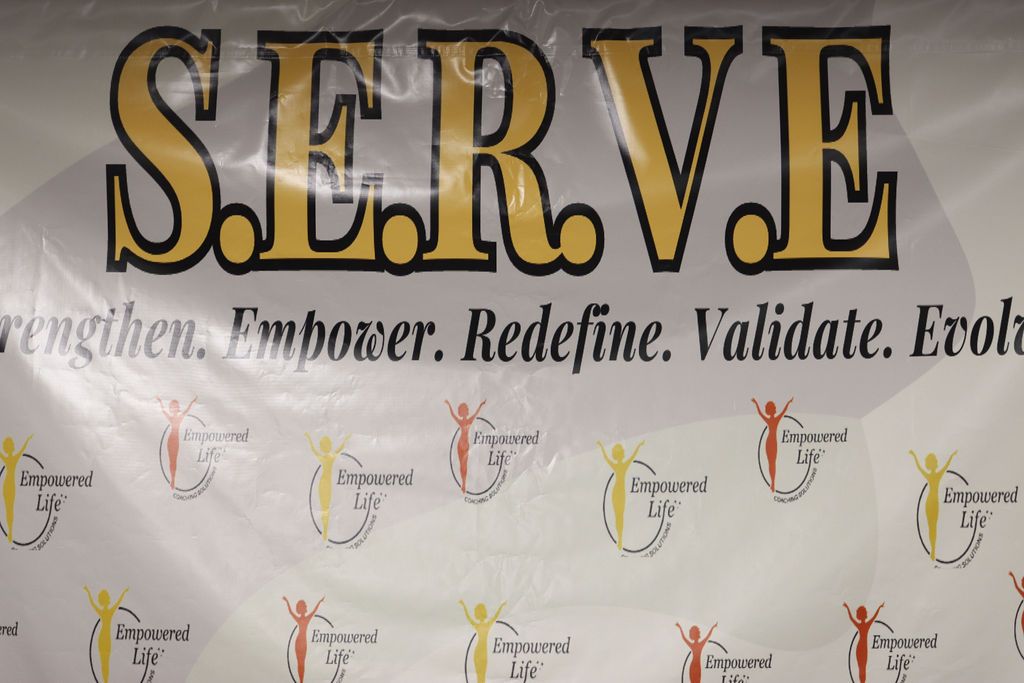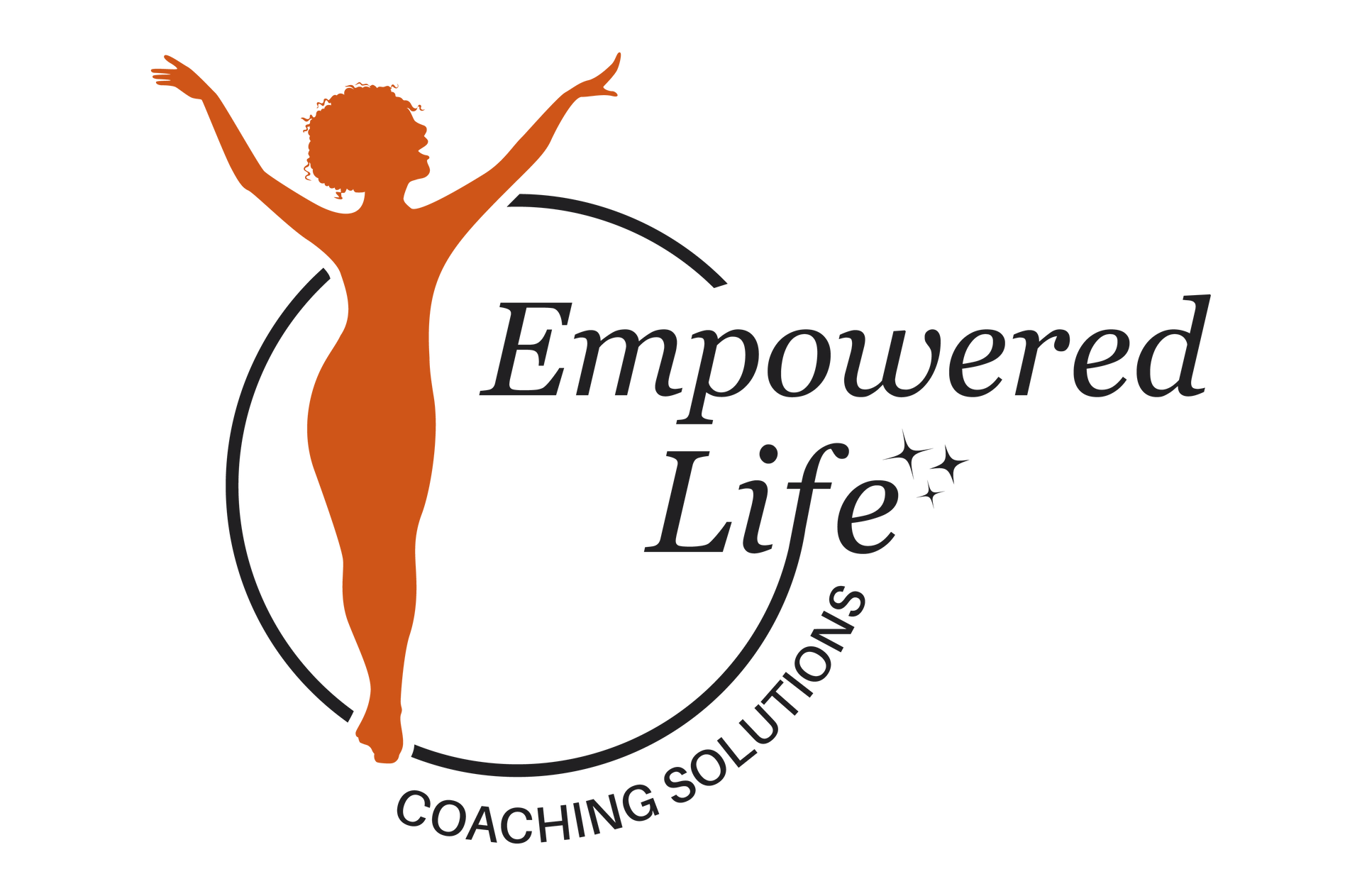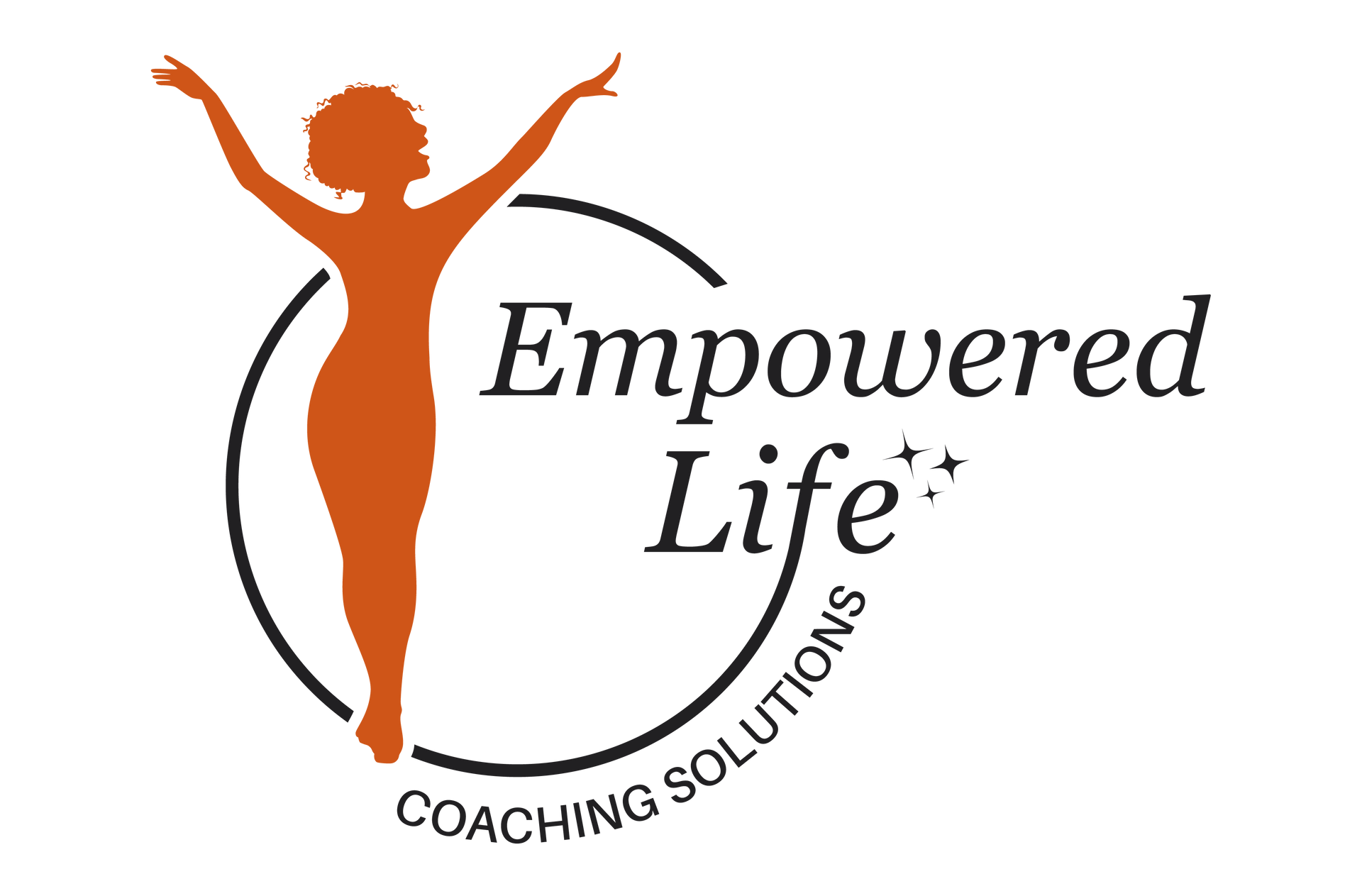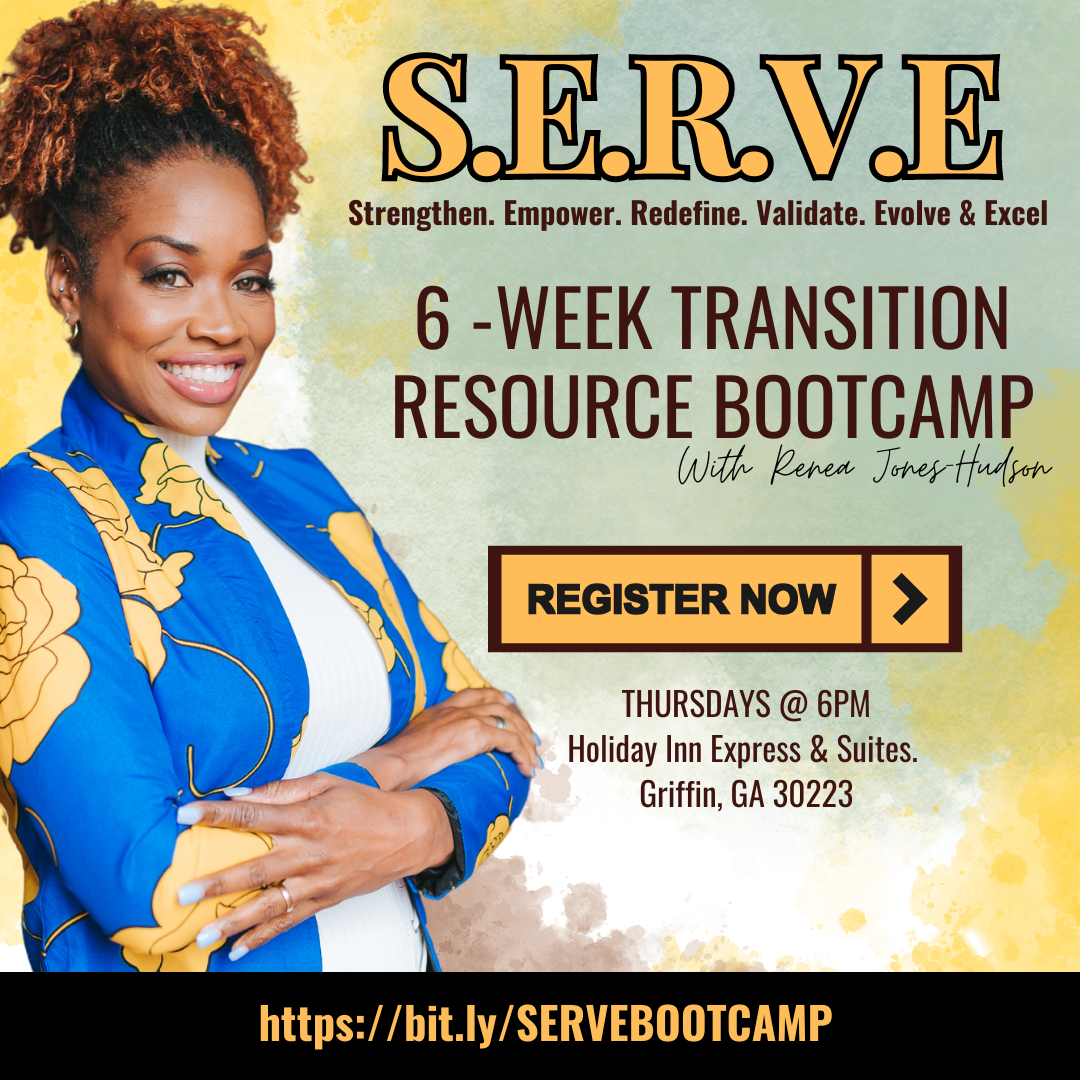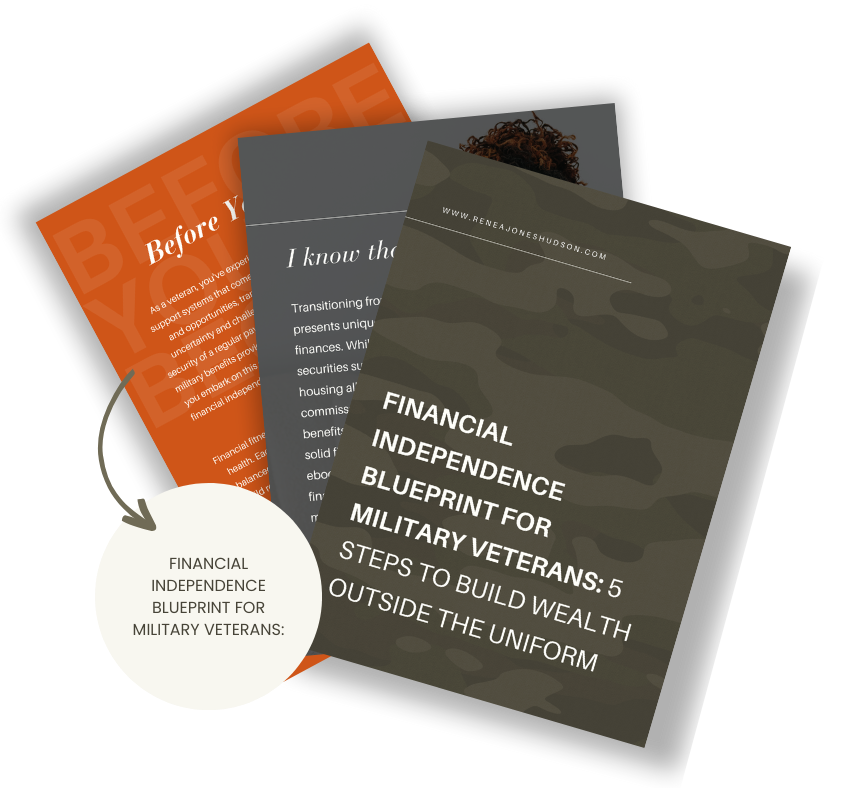Should you go on a detox diet or cleanse?
This is a subtitle for your new post
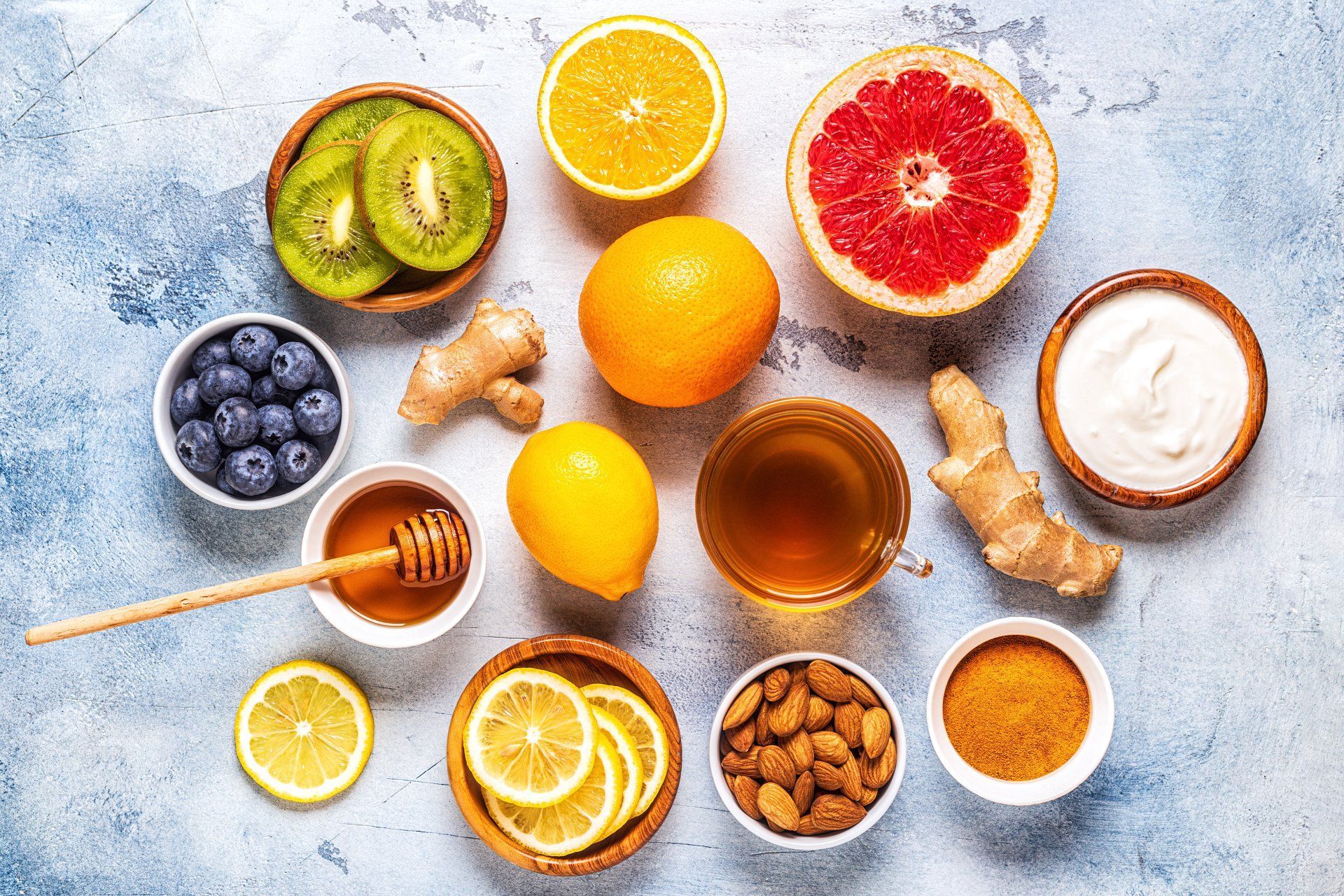
Detoxes and cleanses have been buzzwords for a while now. There are so many variations of them; each one is advertised with many health claims and compelling testimonials.
The question is: Do they improve skin and digestion, boost the immune system, increase energy, reduce inflammation, or cure diseases? Sometimes, even when they don’t explicitly say so, they’re code words for a calorie-restricted diet.
But what effect can they have on your health? How can you use nutrition to support your body’s detoxification and overall health?
Detoxification is your body’s process of breaking down and eliminating toxins. We are all exposed to toxins daily through food, water, and the air we breathe. Toxins are naturally found in tiny quantities in foods (e.g., methanol naturally occurs in small amounts in some fruits and vegetables—which are very healthy). There are also synthetic toxins in medicines, pesticides, and preservatives (sulfur dioxide is used to preserve some fruits and vegetables).
The body makes its toxins through normal processes like digestion, metabolism, and physical activity, like urea, which is excreted in the urine.
The good news is that your body does a great job breaking down toxins and eliminating them. Woohoo!
Because the world is full of toxins that can affect us, we’ve got some pretty sophisticated detoxification systems – mainly in the liver, but are also in the kidneys, gut, etc. They help make toxins less dangerous and allow them to be excreted chiefly through urine and stool (breathing and sweating).
What does this have to do with nutrition?
These detoxification systems are made from many biochemicals in our bodies, such as enzymes. Part of what makes enzymes work are key essential nutrients like vitamins and minerals.
So, getting
quality nutrition
helps your body maintain all aspects of your health—including detoxification. Boom!
Detox diets and cleanses on the internet often include at least one of the following:
• Eating more nutritious foods (brilliant idea, huh?!)
• Reducing junk foods and fast food
• Avoiding alcohol and caffeine
• Eliminating some common allergens (like wheat/gluten or dairy)
• Replacing meals with smoothies, juices, teas, or powders
• Short or long-term fasting
• Only eating/drinking from a short list of recommended foods/beverages
• Taking several dietary supplements and laxatives
• Getting “colon cleanses” (enemas)
Some of these recommendations seem reasonable and healthy. It’s hard to argue that eating more nutritious foods or reducing junk foods isn’t a good step towards better health.
However, some of the more extreme recommendations can pose a risk to people – especially those with underlying health conditions, children, adolescents, athletes, older adults, or those who are pregnant or breastfeeding.
The more foods you eliminate from your diet, the fewer nutrients you will get. So, one of the risks of extreme diets in the long-term is nutrient deficiencies. That means body cycles and processes that are working poorly at best.
It’s backward: cut out too many foods, and then you don’t have the critical nutrients scientifically proven to be necessary for your body’s natural detoxification enzymes to work efficiently. Nutrition is key. You can also compromise your metabolism.
Another risk with certain detox supplements or teas is serious side effects. You may have heard about unsafe ingredients or contamination that have harmed people.
Overall, there needs to be more good-quality research into detox diets and cleanses, as most studies have been conducted on animals, not people. As Dr. Robert H. Schmerling from Harvard Health says, “It’s not even clear what toxin or toxins a cleanse is supposed to remove, or whether this actually happens.”
No evidence that detoxes or cleanses help your body eliminate more toxins than usual.
Studies show they can help with initial weight loss, primarily due to reduced calorie intake. The weight lost is often water and carbohydrate (not fat), so it’s quickly regained as soon as the dieting stops. There are no studies on the long-term effects of detox diets or cleanses.
Remember that there may be medical conditions for which eliminating certain foods is recommended. For example, if you have a food allergy or intolerance or need to be on a low-fiber diet due to digestive issues, you have a valid reason for eliminating certain foods.
Before jumping into a detox diet or cleanse, speaking with your healthcare provider first is best.
Nutrition is vital to your body’s ability to detoxify and eliminate toxins naturally. (You don’t need to follow an overly restrictive or extreme detox diet or cleanse to support them).
Watch for my tip of the week this week to learn a few simple things you can do every day to “detox” yourself:
Courtesy of Sohailla Digsby, RDN, LD – the
“RD on your Team”

I’m Renea Jones-Hudson
A retired army veteran, international bestselling author, and empowerment coach. I help military and veteran women transition to civilian life, unlocking their unique talents and achieving personal and financial growth through empowering sessions and proven strategies.
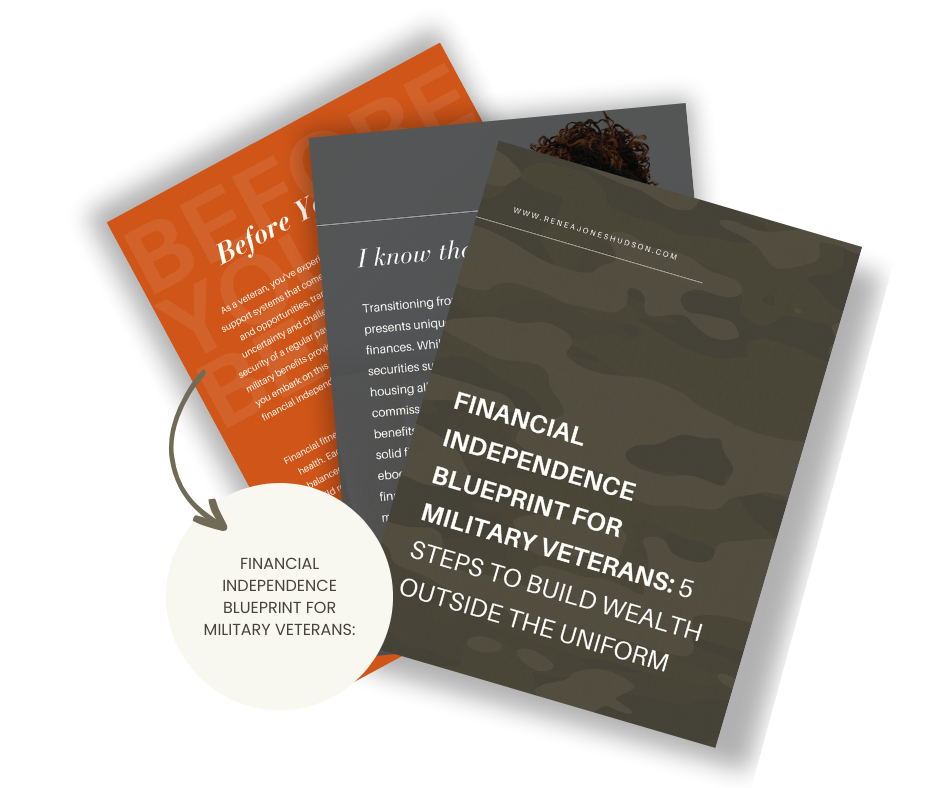
Financial Independence Blueprint for Veterans: 5 steps to build wealth outside the uniform
